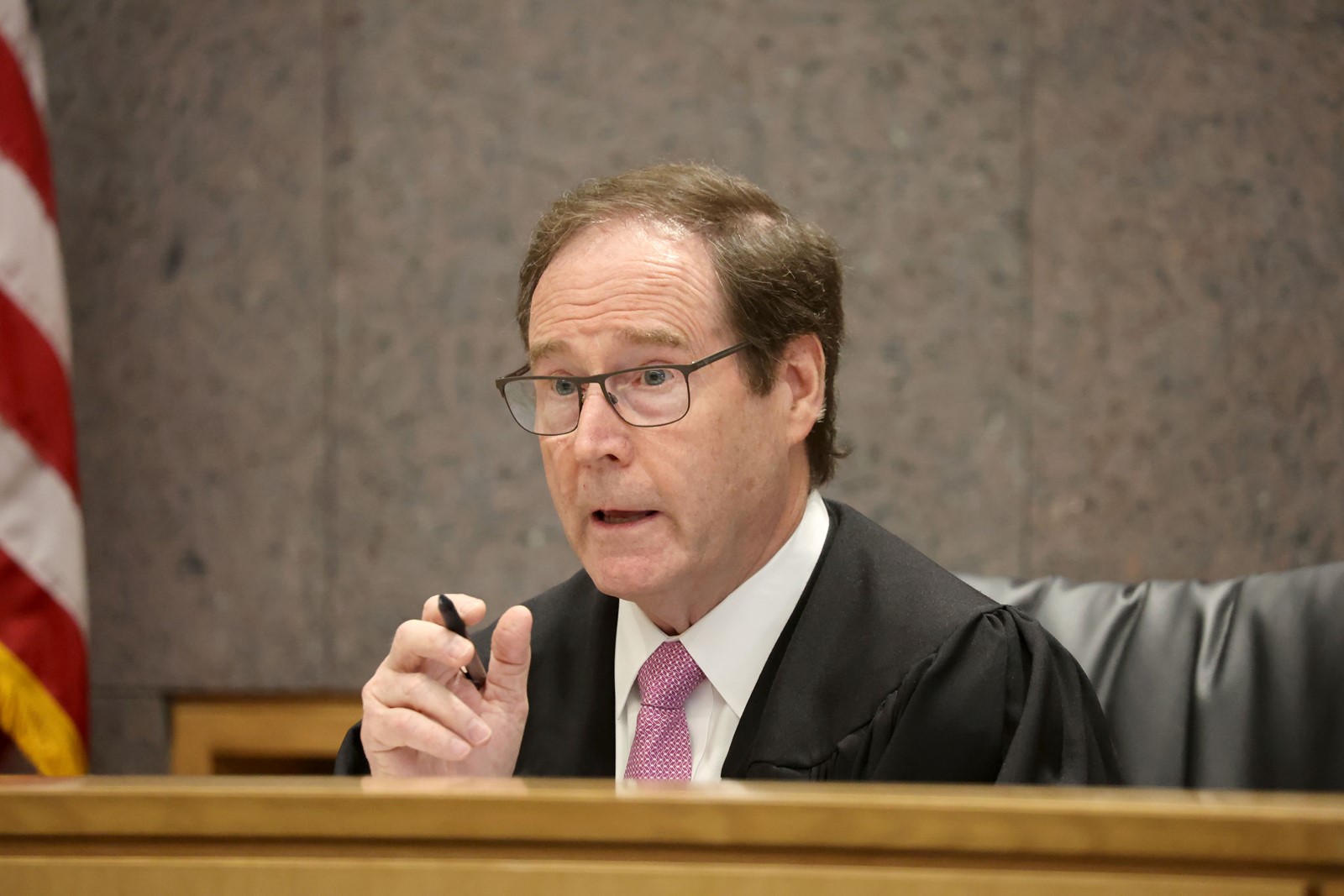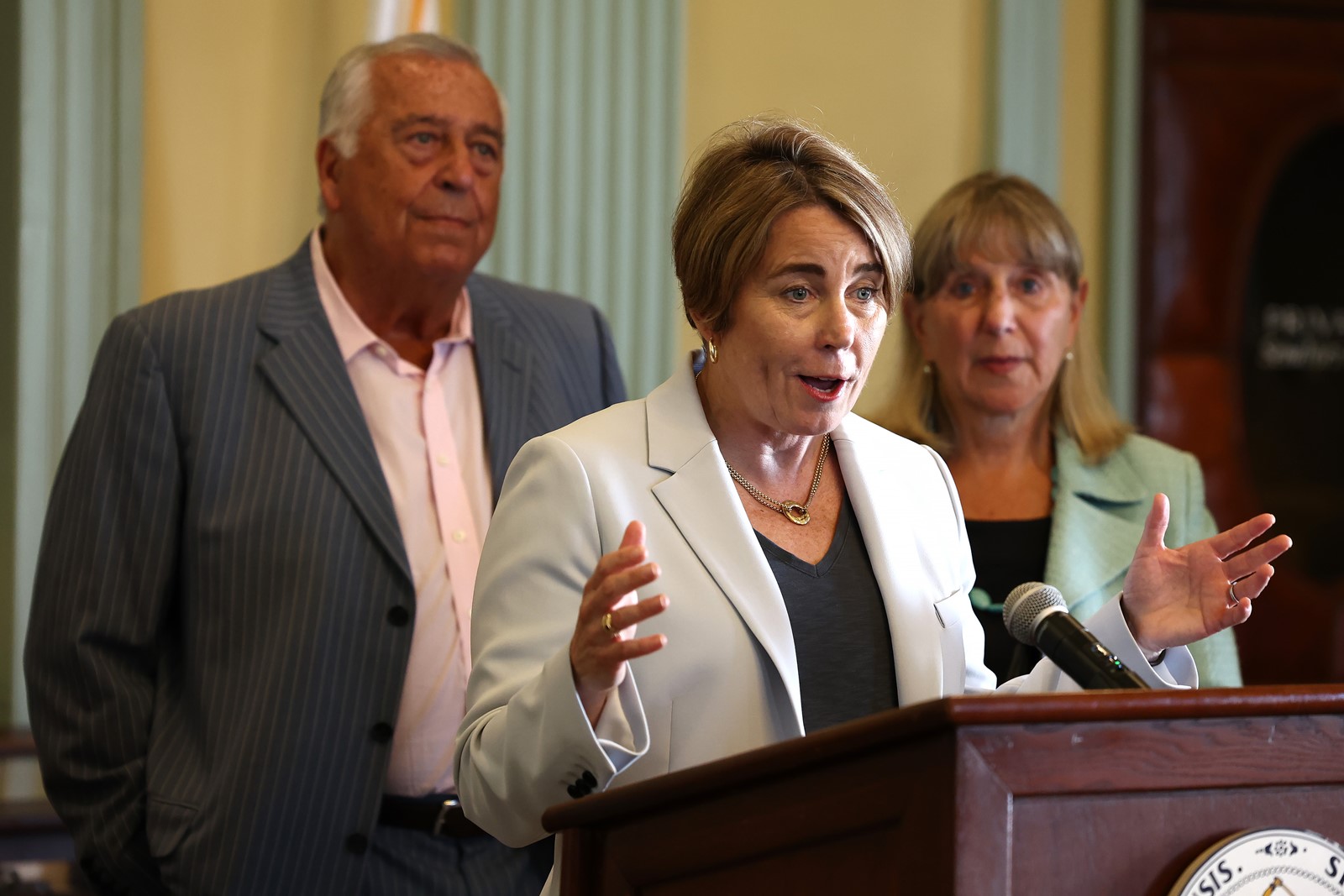

How dysfunctional is Massachusetts?
Here’s how.
Gov. Maura Healey can approve a $5 million appropriation to hire lawyers for illegal immigrants while public defenders representing indigent Massachusetts citizens accused of crimes are getting stiffed.
The $5 million was in the state’s $61 billion budget Healey signed into law earlier this month.
The taxpayer money goes to various illegal immigrant help organizations dealing with legal representation over deportation issues.
However, there was no money in the budget to provide for a modest pay hike for striking court appointed public defenders who are on a work stoppage.
These are lawyers who represent Massachusetts criminals in court at the rate of $65 and hour.
This means that by the time the court appointed lawyer parks his car for $20 and gets a cup of coffee at Starbuck’s for $5, he is already out $25 before he even enters the courtroom. They are seeking a $35 rate increase.
But neither Healey, a lawyer herself, nor the many lawyers in the Legislature included any money for the raise in the budget.
Money to pay lawyers for poor illegal immigrants, yes. Money to pay lawyers for poor citizen defendants, no.
Hence the work stoppage.
In the meantime, resident criminal defendants, because of the so-called Lavallee Protocol, are being released from custody because they have no legal representation.
Massachusetts Supreme Judicial Judge Dalila Argaez Wendlandt last week, under the protocol, ordered judges to release unrepresented criminal suspects who have been detained for more than seven days.
Defendants charged with felony or misdemeanor infractions, and without legal representation for more than 45 days, may also have their charges dismissed.
No sooner was the order made public than four defendants, including two drug dealers, who could not afford a lawyer and who had been held for seven days, were released at the Boston Municipal Court.
More defendants without lawyers were released in Lowell and other district courts Wednesday and Thursday while hundreds of more cases are pending.
The problem is that the underpaid private attorneys—known as bar advocates—who represent indigent people accused of crime, have been on a statewide work stoppage since Memorial Day.
They are among the hundreds of lawyers who take time from their private practice to represent defendants too poor to hire a lawyer. They work under the program conducted by the Committee for Public Counsel Service.
As bar advocates, lawyers manage 80% of the court cases of indigent defendants. The other 20% are managed by full-time public defenders.
While the committee oversees the program, it does not set the rate of pay.
That is the job of the Legislature and the governor, both of which did not raise the rate of pay in the current state budget despite requests from the bar advocates that they do so.
The same bar advocates in Maine are paid $150 an hour; in New Hampshire they get $125, and in Rhode Island they are paid $112 an hour.
And now legislators, many of whom are lawyers, are asking the bar advocates to go back to work for wages they would not think of working for themselves. For many being a legislator is a part time job anyway.
The base pay for legislators is $82,046, although some make up to $150,000 through various schemes and stipends.
One solution to force State House attention to the problem is to pay legislators at the same rate paid to the bar advocates.
At $65 an hour the State House would be empty.
Veteran political reporter Peter Lucas can be reached at: peter.lucas@bostonherald.com


 PREVIOUS ARTICLE
PREVIOUS ARTICLE
